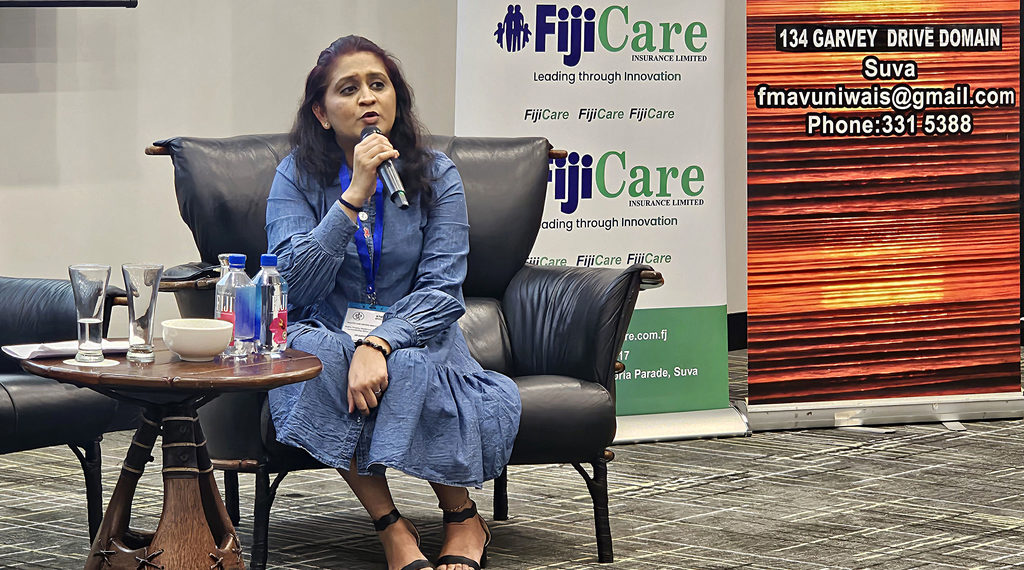THE sharing of needles and syringes is causing the overspill of HIV into the heterosexual population.
Senior Medical Officer-in-Charge of the Sexual Reproductive Health Hub Dr Dashika Balak said this while making her presentation at the Fiji Medical Association (FMA) Mini Conference 2025 at the Holiday Inn in Suva yesterday.
“There has been a over spilling of injecting drug into the other,” Dr Balak said.
“That’s the mode of transmission into the other population because most of their partners are injecting drug users.
“They are acquiring HIV through sharing, and then they are coming back and sleeping with their female partners who are acquiring HIV through that partner who was doing drugs, and if she becomes pregnant, that spills over to the paediatric population.”
She said all males tested positive for HIV in 2024 acquired it through needle sharing. The total number of new HIV cases last year was 1093 and 784 were males.
“This analysis just showed that out of all the males, 100 per cent of them acquired HIV through injecting drug use, or via sharing of needles or syringes or blood sharing.
“For the females, 40 per cent acquired it through injecting drug use, whereas the other 60 per cent acquired through sexual transmission.”
Dr Balak said to address the rise in HIV cases, there’s a need for combined prevention packages for different key population and age groups in Fiji.
“What we have realised that us, MOH healthcare workers, we cannot do prevention well. We need the communities to be the integral part. They need to lead the interpretations on the background because they know their population. They know how to reach them, which we can’t.”
She said health officials must work with non-government organisations, community-based organisations, and other community groups to be able to address the HIV crisis.



